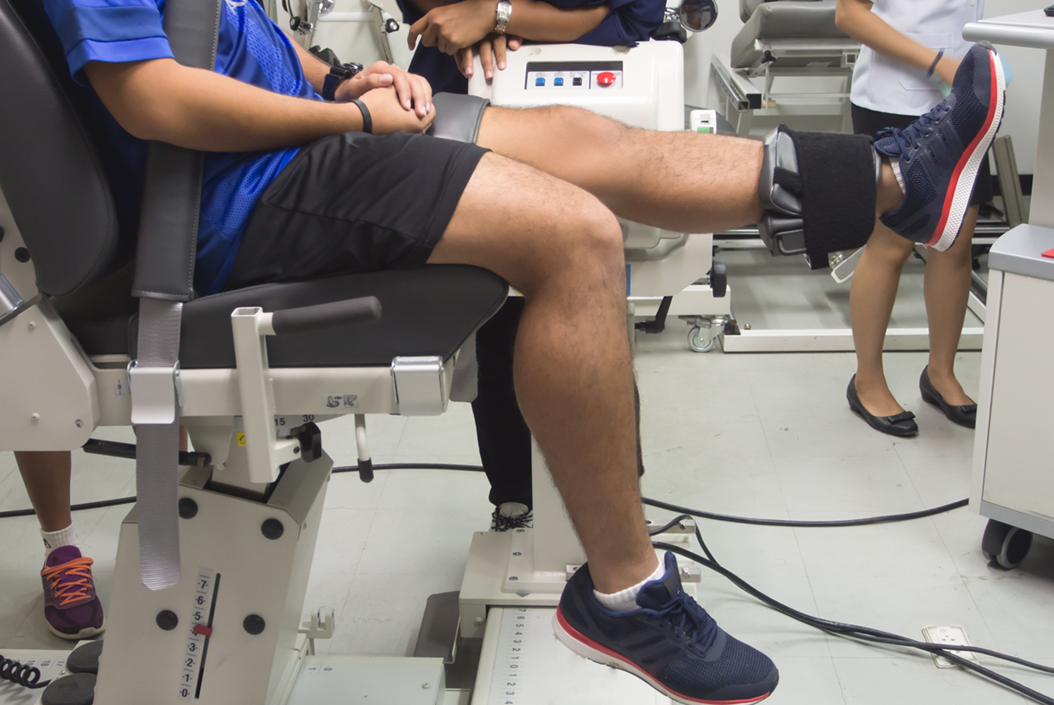
What is physiotherapy and how does it benefit patients?
Physiotherapy, otherwise called physical treatment, is a healthcare profession zeroed in on restoring and keeping up with physical function and mobility. It envelops many helpful methods, activities, and modalities that are custom fitted to meet the one of a kind necessities of people. Physiotherapy assumes a urgent part in the rehabilitation cycle and offers various advantages to patients recuperating from wounds, medical procedures, or chronic conditions. The sports physiotherapy is a specialized field that focuses on enhancing athletic performance and preventing sports-related injuries.This article investigates the quintessence of physiotherapy and features its huge advantages for patients.
Definition and Scope of Physiotherapy:Physiotherapy includes the evaluation, finding, and treatment of various physical afflictions and conditions. These can go from outer muscle wounds, neurological issues, cardiopulmonary conditions, and chronic pain. A physiotherapist, with their inside and out information on anatomy, physiology, and biomechanics, plans customized treatment intends to address explicit patient necessities.
Restoring Physical Function and Mobility:One of the essential objectives of physiotherapy is to restore and work on physical function and mobility. Through designated works out, manual treatments, and specific hardware, physiotherapists assist patients with recovering strength, adaptability, and scope of movement. This is especially useful for people recuperating from medical procedures, breaks, or horrendous wounds, as it speeds up the mending system and works with a quick re-visitation of everyday exercises.

Pain Management:Physiotherapy is viable in overseeing pain, whether it comes from intense wounds, chronic conditions, or post-careful distress. Physiotherapists utilize different strategies like manual treatment, electrotherapy, and remedial activities to ease pain and work on generally well-being. Furthermore, they teach patients on self-management techniques and preventive measures to limit pain repeat.
Rehabilitation and Injury Prevention: Physiotherapy assumes a crucial part in restoring patients after an injury or medical procedure. By making custom-made rehabilitation programs, physiotherapists work with the recuperation interaction, guaranteeing ideal mending and forestalling entanglements. These projects center around reinforcing debilitated muscles, enhancing equilibrium and coordination, and retraining functional developments. In addition, physiotherapists give training on injury prevention strategies to lessen the gamble of future wounds.
Management of Chronic Conditions:Patients experiencing chronic conditions like joint inflammation, chronic pain disorders, or neurological issues benefit significantly from physiotherapy. Physiotherapists utilize particular mediations to oversee symptoms, work on functional capacities, and improve generally speaking personal satisfaction. Through works out, manual treatment, and assistive gadgets, they advance freedom and assist patients with adjusting to the difficulties presented by their conditions.
Enhancing Sports Performance:Competitors and sports lovers can acquire an upper hand through physiotherapy. Sports physiotherapists are talented in assessing biomechanics, planning sports-explicit preparation programs, and forestalling sports-related wounds. They center around enhancing strength, adaptability, perseverance, and deftness to advance sports performance and decrease the gamble of wounds.
Holistic Approach to Health and Well-being:Physiotherapy embraces a holistic approach to healthcare. Physiotherapists consider the interconnectedness of physical, mental, and profound well-being while at the same time planning treatment plans. They stress patient schooling, way of life adjustments, and preventive measures to enable people in assuming responsibility for their health.
Therefore, sports physiotherapy focuses on optimizing athletic performance and preventing sports-related injuries.


